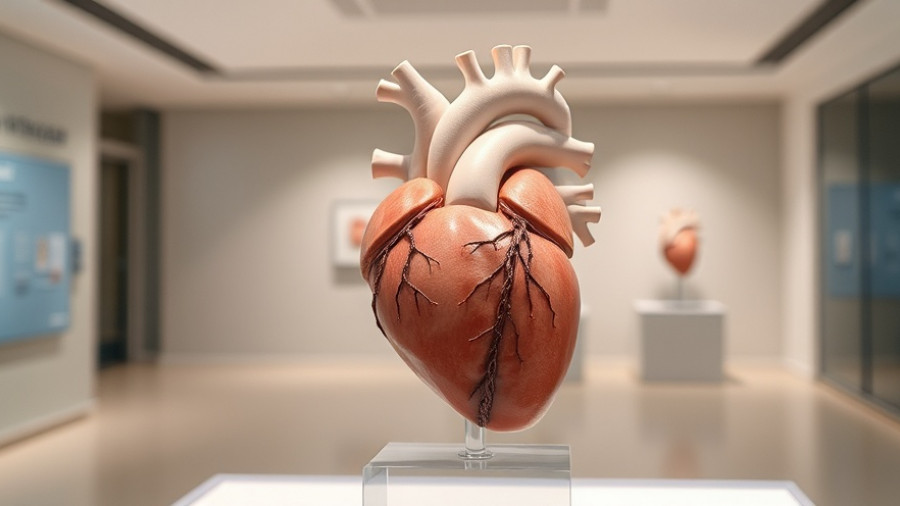
A Pioneering Journey in Artificial Hearts
The story of Carmat, a French company aimed at revolutionizing cardiac care through its artificial heart, is both inspiring and tragic. Founded with the vision of creating a durable and reliable total artificial heart to aid patients suffering from extreme heart failure, Carmat's flagship product, the Aeson, had high hopes pinned on it. Despite a promising start with initial implants dating back to the first human transplant in 2013, the company finds itself at a critical juncture, facing insolvency and liquidation.
Financial Struggles and Attempts to Stay Afloat
Carmat's financial background is a revealing narrative of how the pursuit for innovation can sometimes lead to dire consequences. Having initially filed for insolvency due to an acute cash shortage, the company reported needing €35 million over the coming year to remain operational, signaling a substantial strain on its budget. Attempts to generate immediate funds through crowdfunding yielded only a fraction of what was needed, raising merely €20,110 against the urgent requirement of €3.5 million to keep operations running through July 2025. The company had to ask the Versailles Economic Affairs Court to enter receivership, a last-ditch effort that could allow the company to sell assets and repay debts while still trying to deliver on its commitments to patients relying on its heart device.
The Challenges of Pioneering Medical Technology
The challenges Carmat faced exemplify a larger industry narrative: innovation in medical technology is fraught with risks. Despite having resumed production after a halt due to quality concerns, the expected sales growth was hampered by supply chain disruptions. Such challenges highlight the delicate balance between creating groundbreaking medical devices and ensuring their availability in the market. As other developers navigate similar waters, it's essential to ask: what systemic changes could support sustainable innovation in this sector?
Potential Impact on Patients and the Medical Device Landscape
The ramifications of Carmat's potential liquidation extend beyond the company itself. As patients depend increasingly on innovative solutions like the Aeson artificial heart, any interruption can lead to significant health risks. Carmat's heart is designed to mimic natural heart functions and aid vital patients who cannot receive conventional treatments like heart transplants. Should Carmat cease operations completely, these patients may face dire circumstances. This situation sends a strong message to investors and stakeholders about the importance of sustainable financial strategies in healthcare innovation—factors that can ultimately decide the fate of pioneering technologies.
Future Directions and Insights
Looking forward, the tale of Carmat raises important questions about what needs to change in the medtech industry to prevent similar scenarios. Enhanced financial transparency, better crowdfunding solutions, and a more supportive regulatory environment could all play roles in facilitating the longevity of life-saving technologies. For patients and healthcare professionals, the implications are even more pronounced: as the industry evolves, we must collectively advocate for better structures that mitigate financial risks to ensure that groundbreaking medical advancements are not lost to financial misfortune.
The journey of Carmat serves as a pivotal case study in the intersection of medicine, technology, and finance, a reminder of the complex ecosystem in which cutting-edge healthcare solutions must survive. As the court decision regarding Carmat's future looms, it is crucial for stakeholders to consider broader policy measures to sustain innovation in medical technology.
 Add Row
Add Row  Add
Add 




Write A Comment